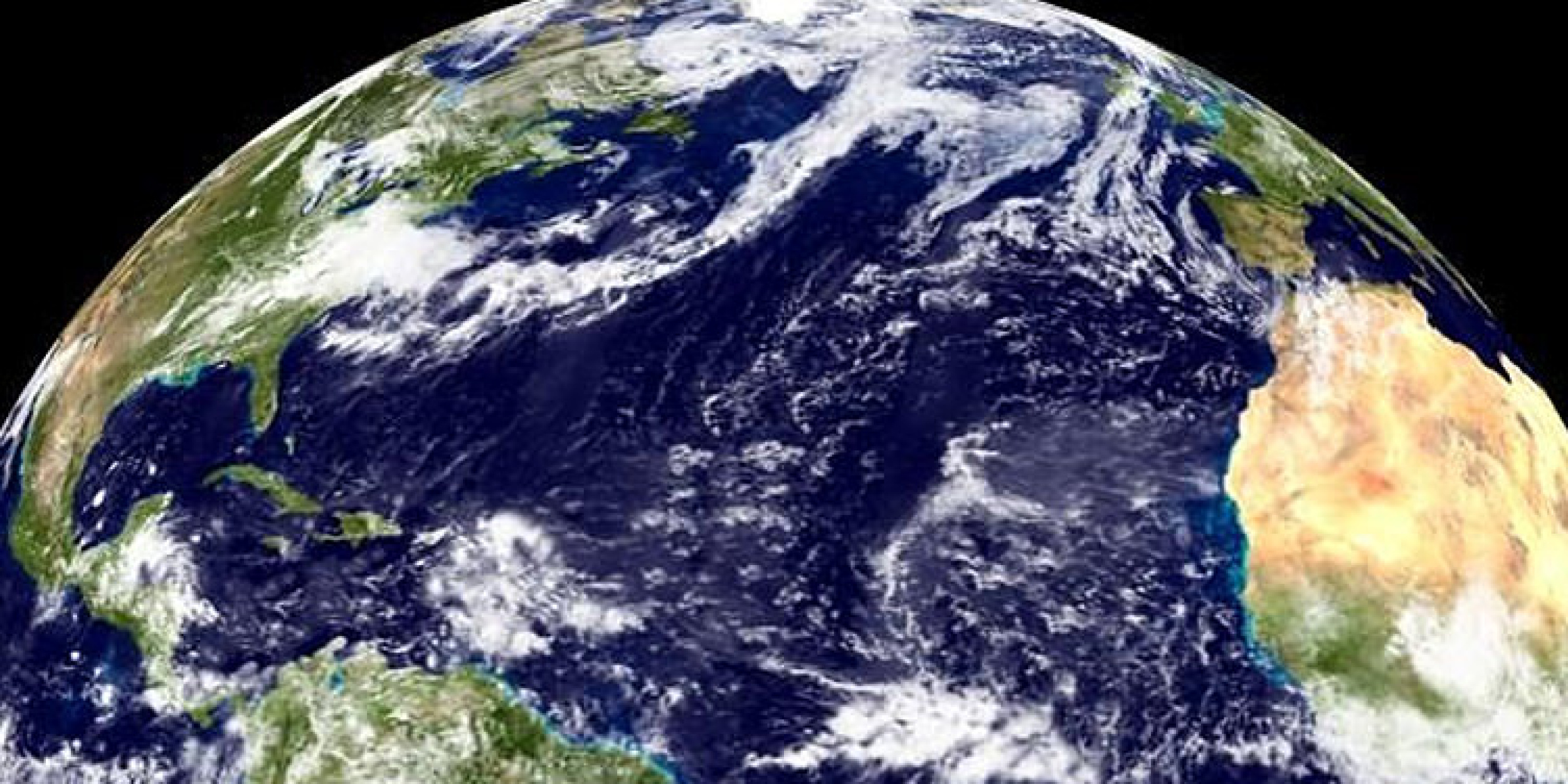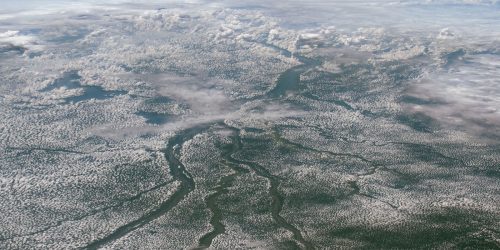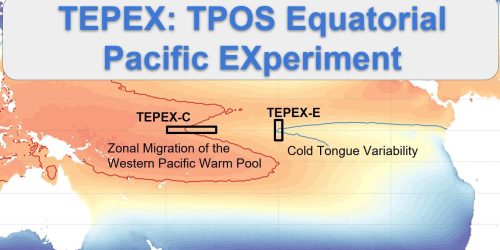Tropical Atlantic climate can be characterized by three systems: the temperature of the ocean’s surface, rainfall in the African Sahel region, and hurricane activity. Greenhouse gases, aerosols, and natural radiation can modify the climate as well, and the complicated relationships between all these factors have been difficult to observe and represent in models. A recent Nature paper supported by the Climate Program Office’s Climate Variability & Predictability (CVP) Program determined how these processes interact to influence tropical Atlantic climate variability. This research, led by CVP-supported scientists Chengfei He, Amy Clements, and Mark Cane, contributes to a CVP initiative to improve in skillful prediction systems on decadal timescales for both ocean and atmosphere climate systems.
The researchers examined tropical Atlantic climate over the last century using 46 models and about 400 different output scenarios from the Coupled Model Intercomparison Project 6 (CMIP6). The results illuminated a chain of events influencing climate. Since 1950, greenhouse gases emitted by humans and aerosols from volcanoes have warmed Earth’s atmosphere. As a result, the ocean warmed as well, particularly in the tropics, where surface water along the equator became warmer than water to the north and south. The authors show that this stark temperature gradient is a key driver of Atlantic hurricanes and Sahel rainfall. These findings offer a new perspective on the initial cause of hurricane formation in the Atlantic, which was not attributed by external factors like greenhouse gases or aerosols in previous research. The new understanding of tropical Atlantic climate outlined in this paper paves the way for better predictions and adaptation to our rapidly changing climate.
For more information, contact Clara Deck.










